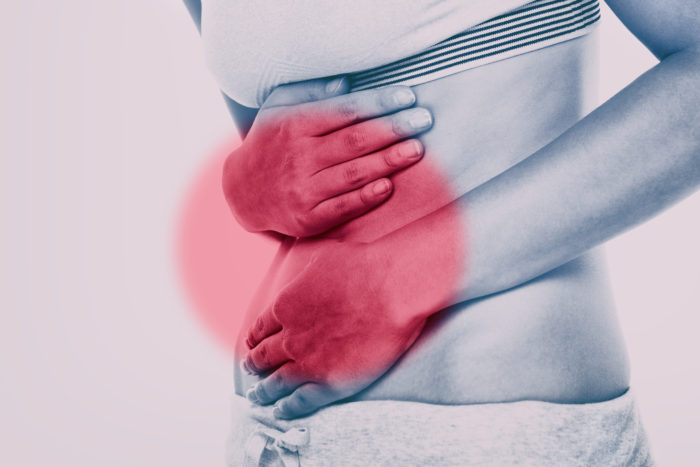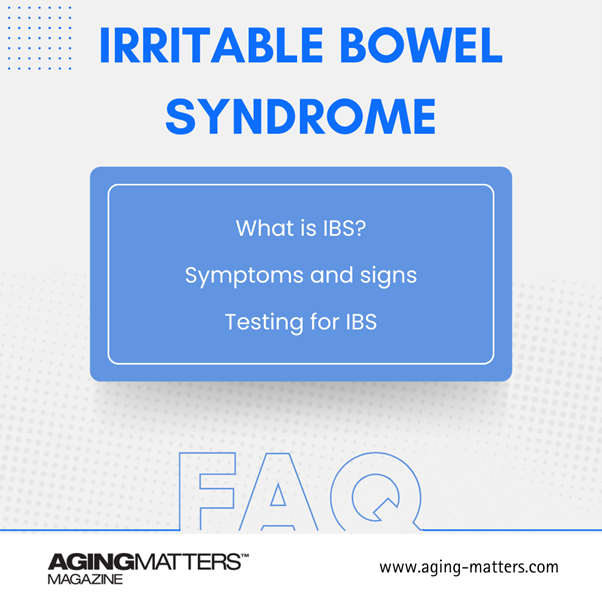
Irritable Bowel Syndrome and histamine
August 24th, 2021Irritable Bowel Syndrome (IBS) can leave you crippled in pain and embarrassed at the fact that you need to make a mad dash to the toilet after you eat something. In the past, some doctors haven’t taken IBS seriously because they haven’t found an issue with a sufferer’s gut physiology. However, researchers have recently revealed that IBS is a real disease and blocking histamine production could be a very effective treatment for it.
20% of the world’s population suffer from IBS
IBS is more common than you think 20% of the world’s population suffer from the disease with a usual onset before 45 years old. Previously referred to as spastic of the colon or spastic bowel, it’s a frustrating chronic condition that can have a big impact on someone’s life causing them to miss school or work. IBS affects the digestive system with symptoms such as stomach cramps, bloating, gas, mucus in the stools, diarrhoea, constipation and haemorrhoids. There’s no cure at the moment and it can be a lifelong problem that comes and goes. The true cause is unknown but some specialists think that it could be a gut-brain axis problem, a gut motility disorder or a small intestinal bacterial overgrowth.
The biological mechanism of IBS and histamine
Could this be the answer to relieve symptoms of IBS? Findings from KU Leuven researchers have identified the biological mechanism that explains IBS and why some people experience abdominal pain when they eat certain foods. The clinical studies by the research team revealed a mechanism that connects certain foods with the activation of the cells that release histamine (mast cells) resulting in pain and discomfort. Professor Boeckxstaens showed that blocking histamine improved the condition of people with IBS. Investigations indicated that sufferers often state that their problems started after a gastrointestinal infection such as food poisoning. Resulting in researchers wondering if a particular food is in the gut during the food poisoning the gut might sensitise the immune system to that food.
How did they come to that conclusion?
The scientific team infected mice with a stomach bug and fed them ovalbumin which is a protein found in egg white and commonly used in experiments as a model food antigen. An antigen provokes an immune response, once the infection cleared, the mice were given more ovalbumin which did release histamine which caused a digestive intolerance and more abdominal pain. Those mice that did not receive ovalbumin were fine. They tried the same test on humans but instead of ovalbumin, they used a food antigen associated with IBS such as gluten, wheat, soy and cow’s milk. Those that suffered from IBS reacted much the same as the mice. A large clinical trial on antihistamine treatment is underway to clarify if you block the activation of histamine it is an effective therapy for IBS.
Living with IBS
Diet and lifestyle management can be used as a treatment for IBS. A simple change to what you eat and how you choose to live your life could be enough to eliminate severe reactions in your gut. Stress can play a part in triggering IBS so it’s important to make time to unwind by using relaxation therapies, getting more sleep or counselling. The structure is key, involving a regular meal pattern, not eating late at night and taking your time when eating and chewing food well. Reducing caffeine, alcohol, fizzy drinks and processed food is recommended and including more fibre is beneficial. A diet that includes fruit and veg, starchy carbohydrates, protein, some milk and dairy, fibre and reduced high fat and sugar is ideal. Drinking 2 litres of water a day nurtures the body and the mind and cleanses toxins from the body.
Specialists recommend keeping a food diary to identify trigger foods, making sure to list quantities and when you ate. Here are 6 diet recommendations for people who suffer from IBS.
- High-fibre diet – fibre adds bulk to your stools, the average adult should eat 20-30 grams of fibre per day. Foods such as fruit, vegetables and whole grains.
- Low-fibre diet – some people find a high-fibre diet can cause gas and diarrhoea so soluble fibre found in produce such as apples, berries, carrots and oatmeal can help.
- Gluten-free diet – gluten is found in grain products such as bread and pasta. The protein can damage the intestines that are gluten-intolerant. You can find gluten-free versions of your favourite grain products.
- Elimination diet – avoiding certain foods for periods to see if it helps such as coffee, chocolate, insoluble fibre and nuts.
- Low-fat diet – overeating high-fat foods is known to create a lot of different health conditions such as obesity. High-fat foods are generally low in fibre. Instead of eating fried foods and animal fats, eat lean meats, fruits, vegetables, grains and low-fat dairy products.
- Low FODMAP diet – FODMAPS are carbohydrates that are difficult for the intestines to digest. FODMAPS pull more water into the bowel which causes more gas, bloating and diarrhoea after eating.
The complexity of gut health is a topic of increasing research, looking at how it affects the immune system, skin condition, endocrine disorders and mental health for example. According to Dr E. M. Quigley, in the Journal of Gastroenterology and Hepatology, having a wide variety of good bacteria in your gut can enhance the efficiency of the gut and those areas in the body that are affected. Read the study here.
Products worth a mention are:
Stomach bioregulator (Nature’s Marvels): Improves the performance of the stomach by normalizing the digestive functions, helping to prevent gastric ulcers and polyps. It also helps to prevent heartburn, belching and the feeling of heaviness in the stomach.
Find out more: https://www.antiaging-systems.com/products/stomach-bioregulator-natures-marvels/
Symprove, a probiotic shown to aid IBS. It is a water-based multi-strain supplement containing 4 unique strains of live activated bacteria.
Find out more: https://www.antiaging-systems.com/products/symprove-original/
According to Dr E. M. Quigley in his study on gut bacteria in the Journal of Gastroenterology and Hepatology, having a wide variety of good bacteria in your gut can enhance your immune system function, improve symptoms of depression, help combat obesity and provide numerous other benefits.
If you have concerns about your gut and think you may be suffering from IBS, it’s important to visit your doctor who will be able to make recommendations.
Links:
IBS full study
High fibre diet
https://www.healthline.com/nutrition/22-high-fiber-foods
Low fibre diet
https://www.healthline.com/health/low-fiber-diet
Gluten-free diet
https://www.coeliac.org.uk/information-and-support/living-gluten-free/the-gluten-free-diet/
Elimination diet
https://www.webmd.com/allergies/allergies-elimination-diet
Low-fat diet
https://www.webmd.com/women/reducing-dietary-fat#:~:text=Eat%20mostly%20plant%20foods%20
FODMAP
https://www.ibsdiets.org/fodmap-diet/fodmap-food-list/
Dr Quigley’s study
https://www.ncbi.nlm.nih.gov/pmc/articles/PMC3983973/
References







